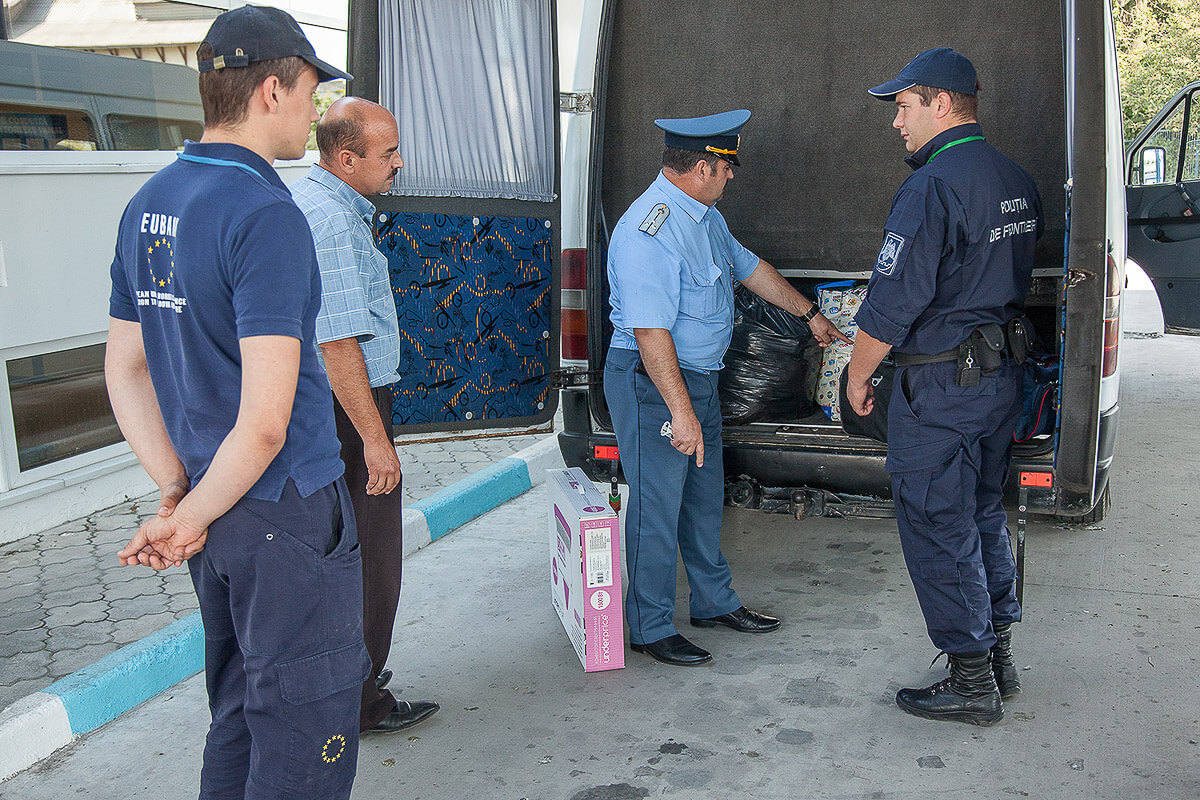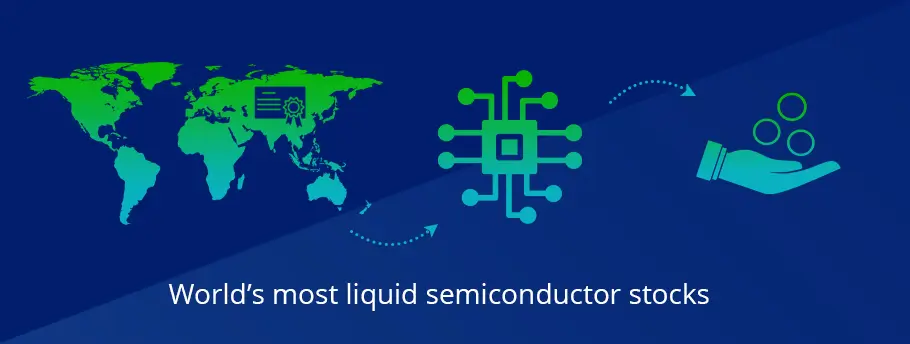Cross-Border Mechanisms For Effective Crime Fighting

Table of Contents
International Legal Frameworks and Treaties
Effective cross-border crime fighting relies heavily on established legal frameworks. Two cornerstone mechanisms are extradition treaties and mutual legal assistance (MLA) treaties.
Extradition Treaties
Extradition treaties form the bedrock of returning fugitives to face justice in their country of origin. These agreements outline the procedures for surrendering individuals accused or convicted of crimes to another state. However, the process is not without its complexities.
- Examples of successful extradition treaties: The extradition treaty between the United States and the United Kingdom is a prime example of a successful and frequently utilized agreement. Similarly, many European Union member states have streamlined extradition processes through mutual recognition agreements.
- Obstacles to extradition: Political considerations often play a significant role, with states sometimes refusing extradition based on concerns about human rights violations or the death penalty in the requesting state. Differing legal systems and definitions of crimes can also present obstacles. Claims of political asylum can further complicate the process.
- The role of international law in extradition processes: International law provides a framework for extradition, emphasizing the principle of reciprocity and ensuring that extradition requests are processed fairly and in accordance with due process. However, there's a need for consistent interpretation and enforcement of international standards.
Mutual Legal Assistance (MLA) Treaties
Mutual Legal Assistance (MLA) treaties provide a crucial mechanism for international cooperation in criminal investigations and prosecutions. These treaties allow countries to formally request and provide assistance in various forms, facilitating information sharing and asset recovery.
- Types of assistance provided through MLA: This can include the gathering of evidence, such as witness testimony and document production; the seizure and forfeiture of assets obtained through criminal activity; and the execution of search warrants and arrests.
- Challenges in obtaining MLA: Bureaucratic delays, differing legal procedures, and concerns about data privacy can hinder the efficient use of MLA. Language barriers and a lack of specialized personnel can also pose significant challenges.
- Improvements needed for faster and more efficient processes: Streamlining procedures, implementing standardized forms and protocols, and investing in technological solutions for secure data exchange are crucial for improving the speed and efficiency of MLA.
Enhanced International Police Cooperation
Beyond legal frameworks, effective cross-border crime fighting hinges on strong international police cooperation.
Interpol and other International Police Organizations
Interpol, the world's largest international police organization, plays a vital role in facilitating cross-border investigations and information sharing. Its global network allows for the rapid dissemination of intelligence, the tracking of suspects, and the coordination of law enforcement actions. Regional police organizations also play significant roles within their respective geographical areas.
- Interpol's structure and functions: Interpol operates as a central hub, connecting national police forces and providing a platform for collaborative efforts. Its functions include disseminating alerts, facilitating investigations, and coordinating training initiatives.
- Case studies of successful international police collaboration: Successful joint operations targeting organized crime syndicates, drug trafficking organizations, and terrorist networks demonstrate the effectiveness of international police collaboration.
- Limitations of Interpol's authority: Interpol lacks the power to directly enforce laws; it relies on the cooperation of its member states. Political sensitivities and jurisdictional disputes can sometimes limit its effectiveness.
- The role of regional police organizations: Regional organizations like Europol in Europe play a critical role in coordinating law enforcement efforts within their specific regions, enhancing cooperation and resource sharing.
Joint Task Forces and Specialized Units
Addressing specific transnational crime challenges often requires the establishment of joint task forces comprising officers from multiple countries. These specialized units combine expertise and resources to tackle complex, cross-border investigations.
- Examples of successful joint task forces: Joint task forces have been successfully deployed to combat drug trafficking, human trafficking, and cybercrime, demonstrating the advantages of pooling resources and expertise.
- Challenges in coordinating resources and jurisdictions: Differences in legal systems, investigative techniques, and operational procedures can complicate the coordination of resources and jurisdictions.
- The importance of shared intelligence and training: Effective collaboration necessitates the seamless sharing of intelligence and the provision of standardized training programs to ensure interoperability among participating law enforcement agencies.
Addressing Cybercrime and Data Sharing
The digital age has significantly increased the complexity of cross-border crime fighting, particularly in the realm of cybercrime.
Cross-border Data Access and Privacy Concerns
Investigating cybercrime often requires accessing data stored in different jurisdictions. This raises significant legal and ethical challenges concerning data access and privacy. Balancing national security needs with the protection of individual rights is a crucial consideration.
- Data protection regulations (e.g., GDPR): Regulations like the General Data Protection Regulation (GDPR) in Europe highlight the importance of data privacy, setting strict rules for data processing and cross-border data transfers.
- Balancing national security with individual rights: International cooperation in cybercrime investigations requires finding a balance between national security objectives and the fundamental right to privacy. This involves establishing clear legal frameworks and safeguards to prevent misuse of data.
- The role of international agreements on data sharing: International agreements are crucial for establishing standardized procedures and legal frameworks for cross-border data sharing in criminal investigations while ensuring respect for privacy rights.
International Cybercrime Conventions
International conventions and agreements provide essential legal frameworks for investigating and prosecuting cybercrime. The Budapest Convention on Cybercrime, for example, serves as a model for national legislation and international cooperation in addressing cybercrime.
- Budapest Convention on Cybercrime: This treaty promotes international cooperation in the investigation and prosecution of cybercrime, setting standards for evidence gathering and cross-border cooperation.
- Other relevant international agreements: Numerous other international agreements and initiatives are addressing specific aspects of cybercrime, fostering collaboration and standardization.
- Challenges in enforcing international cybercrime laws: The transnational nature of cybercrime and the rapid evolution of technology make enforcing international cybercrime laws challenging. Jurisdictional issues, lack of harmonization in national laws, and the difficulties in tracing perpetrators across borders present significant hurdles.
Conclusion
Effective cross-border crime fighting demands strong international collaboration and sophisticated mechanisms. Extradition treaties, mutual legal assistance, enhanced police cooperation, and robust frameworks for addressing cybercrime are all critical components in combating transnational crime. While challenges remain—especially in navigating differing legal systems, ensuring due process, and protecting individual rights—the continued development and refinement of these cross-border mechanisms are paramount for maintaining global security. Investing in and strengthening these mechanisms is essential for building a more secure world. By promoting greater international cooperation and adopting a holistic approach, we can significantly improve our ability to fight cross-border crime and protect our citizens. Strengthening international cooperation through effective cross-border crime fighting strategies is a vital investment in global security.

Featured Posts
-
 Dodgers Pursuit Of Next Mlb Luxury Free Agent What We Know
May 13, 2025
Dodgers Pursuit Of Next Mlb Luxury Free Agent What We Know
May 13, 2025 -
 Athlitikes Metadoseis Serie A Epiloges Gia Oloys
May 13, 2025
Athlitikes Metadoseis Serie A Epiloges Gia Oloys
May 13, 2025 -
 Etf Investors Dumped Levered Semiconductor Funds Before Recent Surge
May 13, 2025
Etf Investors Dumped Levered Semiconductor Funds Before Recent Surge
May 13, 2025 -
 2025 Nba Draft Lottery Predicting The No 1 Pick And Where To Watch
May 13, 2025
2025 Nba Draft Lottery Predicting The No 1 Pick And Where To Watch
May 13, 2025 -
 Controversy Erupts Kim Kardashians Swim Campaign And The Tory Lanez Song Connection
May 13, 2025
Controversy Erupts Kim Kardashians Swim Campaign And The Tory Lanez Song Connection
May 13, 2025
